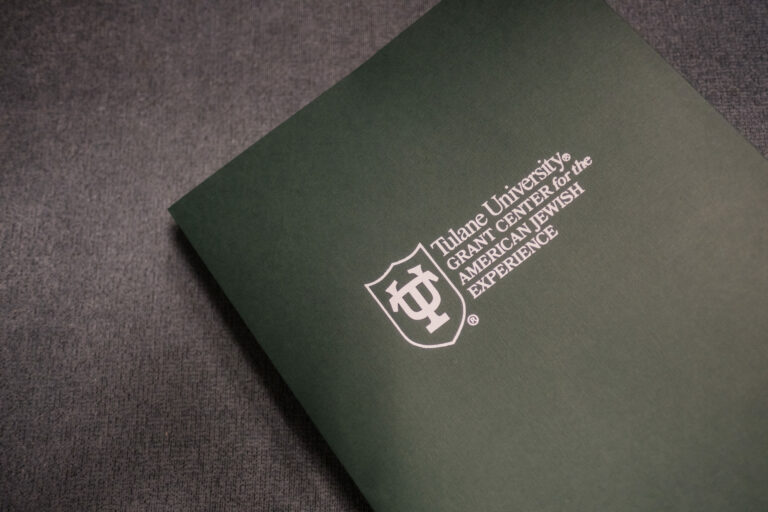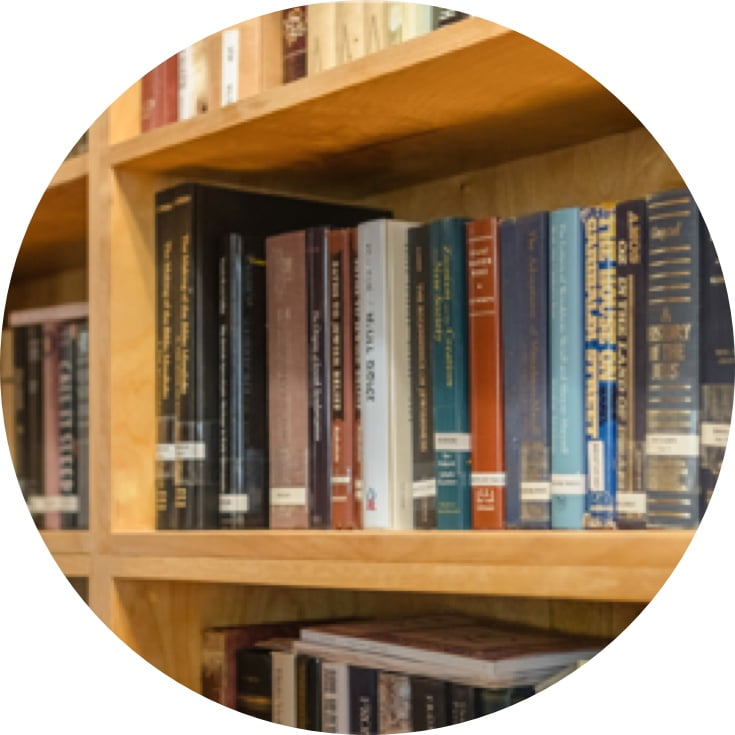
Rodger Kamenetz
Rodger Kamenetz is an award-winning poet, author and teacher. Of his 13 books, his best known is The Jew in the Lotus, the story of rabbis making a holy pilgrimage through India to meet with the Dalai Lama. His account of their historic dialogue became an international bestseller, prompting a reevaluation of Judaism in the light of Buddhist thought. Now in its 37th printing overall, The Jew in the Lotus is a staple of college religion courses. The New York Times called it a “revered text.” A PBS documentary followed, and a sequel, Stalking Elijah, was awarded the National Jewish Book Award for Jewish Thought.
Kamenetz’s many books of poetry include The Lowercase Jew, Yonder and Dream Logic. He has been called “the most formidable of the Jewish-American poets.” His memoir, Terra Infirma was described as “one of the most beautiful books ever written about a mother and a son.”
When The History of Last Night’s Dream appeared in 2007, Oprah Winfrey interviewed him on her “Soul Series” program, saying, “What’s so exciting about this book is that it talks about how there’s a whole other life that we are living when we sleep and that our dreams are there as offerings and gifts to us if we only recognize what the dreams are there to teach us.”
Kamenetz’s Burnt Books, in Schocken/Nextbook’s Jewish Encounters series, once again crosses boundaries, between literature and religion. It begins as a dual biography of Franz Kafka and Rebbe Nachman, who each asked his best friend to burn his books. It ends with Kamenetz on his own pilgrimage to Kafka’s Prague and to the rebbe’s grave in Ukraine.
Born in Baltimore, Rodger Kamenetz has degrees from Yale, Johns Hopkins and Stanford. At Louisiana State University, he held a dual appointment as a Professor of English and Professor of Religious Studies and founded the MFA program in creative writing and the Jewish Studies minor. He retired as LSU Distinguished Professor and Sternberg Honors Chair Professor. He lives in New Orleans where he devotes himself now to his work with clients who seek spiritual direction through dreams.
POETRY
Rodger Kamenetz is the author of seven books of poetry. His poems have appeared in 25 major anthologies as well as in leading periodicals including The New Republic, Tikkun, Image, Callaloo, Grand Street, Shenandoah, ,Southern Review,Western Humanities Review, North American Review. He received the Readers’ Choice Award in poetry from Prairie Schooner and the St. Andrews Review award in poetry. Several reviewers have commented on the grace of Kamenetz’s language, a reviewer in the San Francisco Review of Books noted “his ear is as good as William Carlos Williams in the early poetry” and Yehudah Amichai that “his poems are a secret and almost intimate meeting place of English and Hebrew.” Louise Erdrich adds that “Kamenetz’s poems whirl and shake on the page.” Another strong appeal has been his evocation of Jewish diaspora life, and Jewish religion. Writing in the Forward, Joel Lewis declared Kamenetz a “modern day Rashi” and The Missing Jew, “The ideal Baedeker for the American Jewish Diaspora.” The Jerusalem Post called his recent work “stunningly powerful”, and called Kamenetz “a master at infusing seemingly plain words with resonance and depth, with subtle textures and playful ironies,wonderfully open to a whole gamut of human emotions.” His readings are dynamic and entertaining: he has read his poetry at the Kisufim Conference in Jerusalem, the Glen Workshop in Santa Fe, at the Prague Summer Program, the Deep South Writers conference, The Tennessee Williams Festival, the Words and Music Festival, the Spoleto Festival, and at Yale, Harvard, Tulane, NYU, and dozens of other campuses, as well as on PBS and NPR.
NON-FICTION WRITING CAREER
Rodger Kamenetz’s memoir Terra Infirma appeared first in 1985. Walker Percy called Terra Infirma “a haunting memoir, deeply felt, poignant, tragic– funny– powerful, and memorable for the poetic precision of its language.” The New York Times found it “impressively intelligent, maturely perceptive… a strange and moving book.” Philip Lopate commented: “Entirely under the spell of deep feeling, yet never relinquishing the irony of complex intelligence, this is one of the most beautiful books ever written about a mother and a son.” The book was reprinted by Schocken Books in 1999 and is widely considered a classic mother-son memoir. In 1994 Kamenetz’s career as a writer took a major turn with the publication of The Jew in the Lotus. This landmark international best-seller has been reprinted 35 times, most recently in an updated 2007 edition which includes an afterword by the author. It is widely used as a textbook. The Jew in the Lotus also inspired a PBS film documentary of the same title, which first aired in 1999. The book became a model for writing about the spiritual journey with humor and a sense of adventure. As BOOKLIST noted “Kamenetz defines and comments upon complex matters with skill, personableness, and a welcome dash of levity.” The Jew in the Lotus has been named one of the most important books about Judaism of the past thirty years, and is widely cited in histories of religion. The New York Times called it a “revered text”. His follow-up, Stalking Elijah (Harper One, 1997) received the National Jewish Book Award for Jewish Thought. 2007’s The History of Last Night’s Dream was called by reviewers: “smart” “funny”, “affable” audacious” “fascinating” “beautifully written” “poetic”, and “revolutionary”. His 2010 dual biography Burnt Books is another groundbreaking work, a profound meditation on the borderland between literature and mysticism, and a spiritual pilgrimage to Kafka’s Prague and the Ukraine of Rebbe Nachman. Kamenetz has received grants for his writing from the National Endowment for the Arts, the Louisiana Arts Council, the Koret Foundation and the Nathan Cummings Foundation. His essays have appeared in Grand Street, Missouri Review, Southern Review, Exquisite Corpse and The New York Times Magazine. Preview Download
Digital Library Resource Participation
Research Initiative Participation
No results found.





